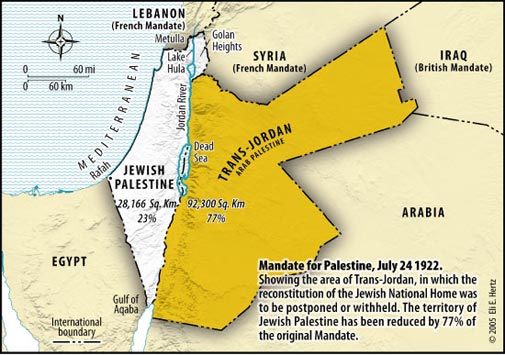[Published 13 October 2019]
An opening to ending Israel’s election deadlock has come after Yisrael Beiteinu faction chairman Oded Forer sent a formal letter to the head of the Likud’s coalition negotiating team, Yariv Levin, on 11 October, asking for negotiations on the policy guidelines for the next government.
Israel’s President Reuven Rivlin should exploit this opening to try and save Israel going to a third election in twelve months — by summoning Israel’s Prime Minister Benjamin Netanyahu and Yisrael Beitienu head Avigdor Liberman to the President’s residence for negotiations on forming a Netanyahu-Liberman coalition Government.
President Rivlin would be shirking his responsibility as President if he allowed a third election to take place.
Rivlin’s attempt to get Netanyahu and Blue and White leader Benny Gantz to form a Government of National Unity failed quite spectacularly and in a very short time.
Rivlin’s failure was quickly followed by:
1. Netanyahu and Gantz failing to reach any agreement in further negotiationsA third election at an estimated cost of US$220 million — and the possibility it could also end in deadlock — constitutes political suicide.
2. Netanyahu and Liberman holding a meeting for only one hour that reportedly went nowhere
3. Netanyahu and Gantz both rejecting a proposal by Liberman very shortly after he proposed it.
President Rivlin would be shirking his responsibility as President if he allowed a third election to take place without having made this last ditch attempt to stop Israel’s descent into another bout of electoral madness.
The best prospects of forming a new Government involve a coalition between the Right Wing parties holding 55 votes and Yisrael Beiteinu holding 8 votes — enough to create the 61 votes needed to form Government for the next four years.
Avoiding a third election has increased exponentially following these recent international developments that have occurred since Israel’s second indecisive election on September 17:
1. Turkey’s invasion of northern SyriaAny deterioration in these potentially disastrous situations could have serious implications for Israel’s safety and security. Israel must have a government in place ready to deal with their consequences.
2. The Kurds in Syria becoming exposed to being massacred by the invading Turkish forces
3. The Kurds in Turkey being caught up in any ensuing conflict
4. President Trump showing no inclination to intervene to prevent the Turkish invasion of northern Syria
5. The explosion of an Iranian state oil company tanker near the Saudi port city of Jeddah,
6. President Trump ordering 3,000 troops and weapons to Saudi Arabia in a message of deterrence to Iran
7. The further postponement of the release of President Trump’s deal of the century
8. The Democrats headlong rush to impeach President Trump
Liberman’s conditions for joining a Netanyahu-led government containing ultra-orthodox religious parties have been publicly announced by Liberman.
Israeli voters have clearly expressed their preference for a right wing coalition Government led by Netanyahu — 1,973,246 votes — over a left wing coalition Government led by Gantz — 1,556,491 votes.
Rivlin — armed with Forer’s letter to Levin and Israeli voters clearly-expressed wishes — has been given sufficient justification to get Netanyahu and Liberman — for whom 310154 Israelis voted — to sit down and negotiate Liberman’s list of demands for forming a new Netanyahu-Liberman Government before Netanyahu’s mandate to do so expires on October 24.
Neither Netanyahu nor Liberman should have any expectation that they are going to emerge from the President’s residence with a complete victory for the positions they might initially take when they first sit down with the President.
Rivlin’s prestige and canny political skills could just get them to an agreed compromise.
Rivlin will have earned three stars from the Michelin Guide — and the gratitude of Israeli voters — if he succeeds in cooking-up a Netanyahu-Liberman omelette using a recipe whose ingredients are acceptable to both of them.










